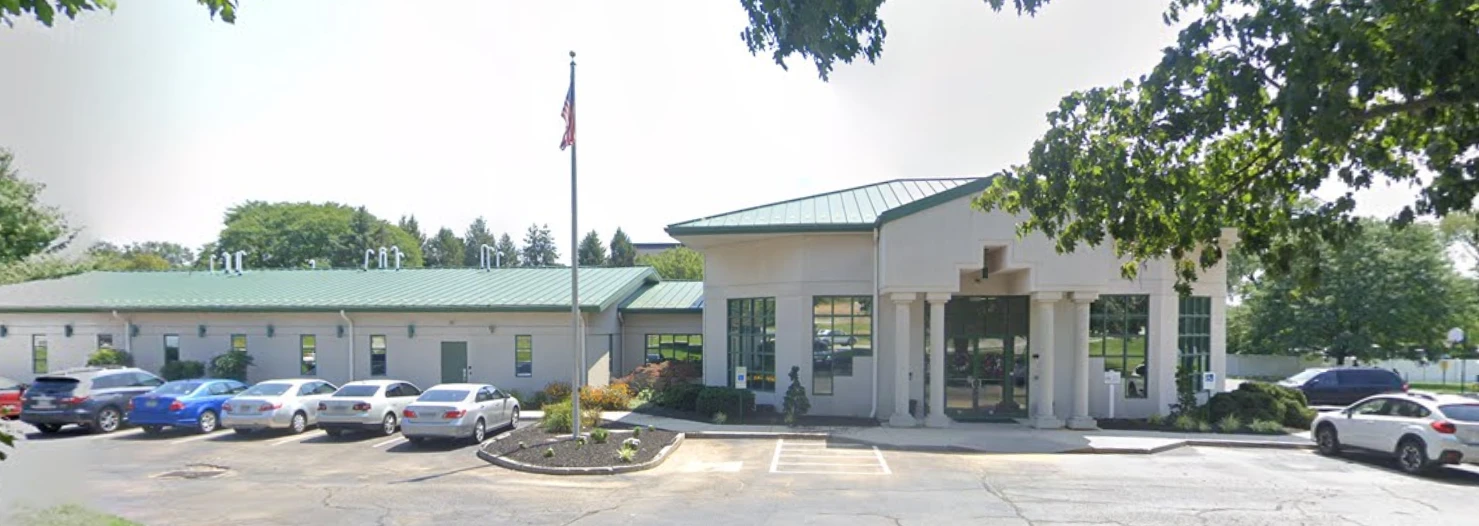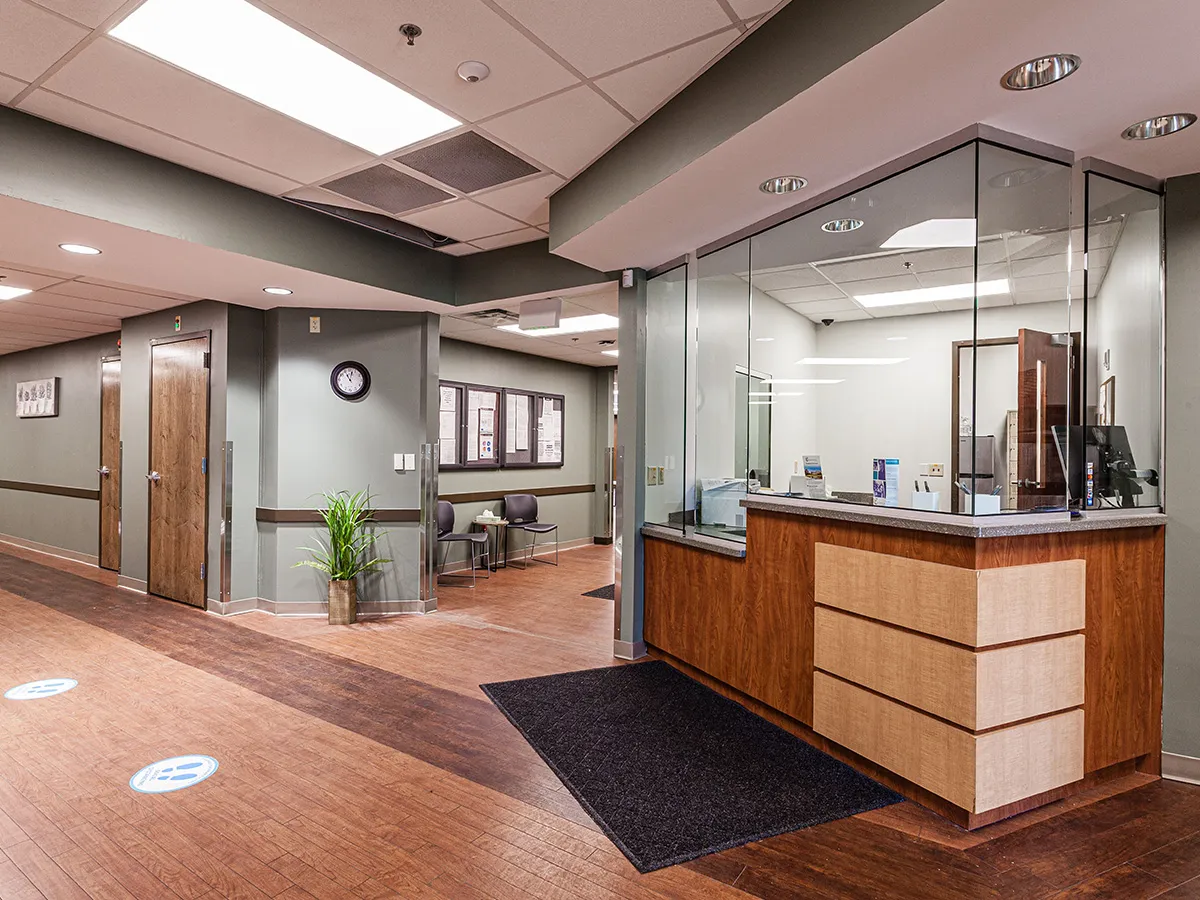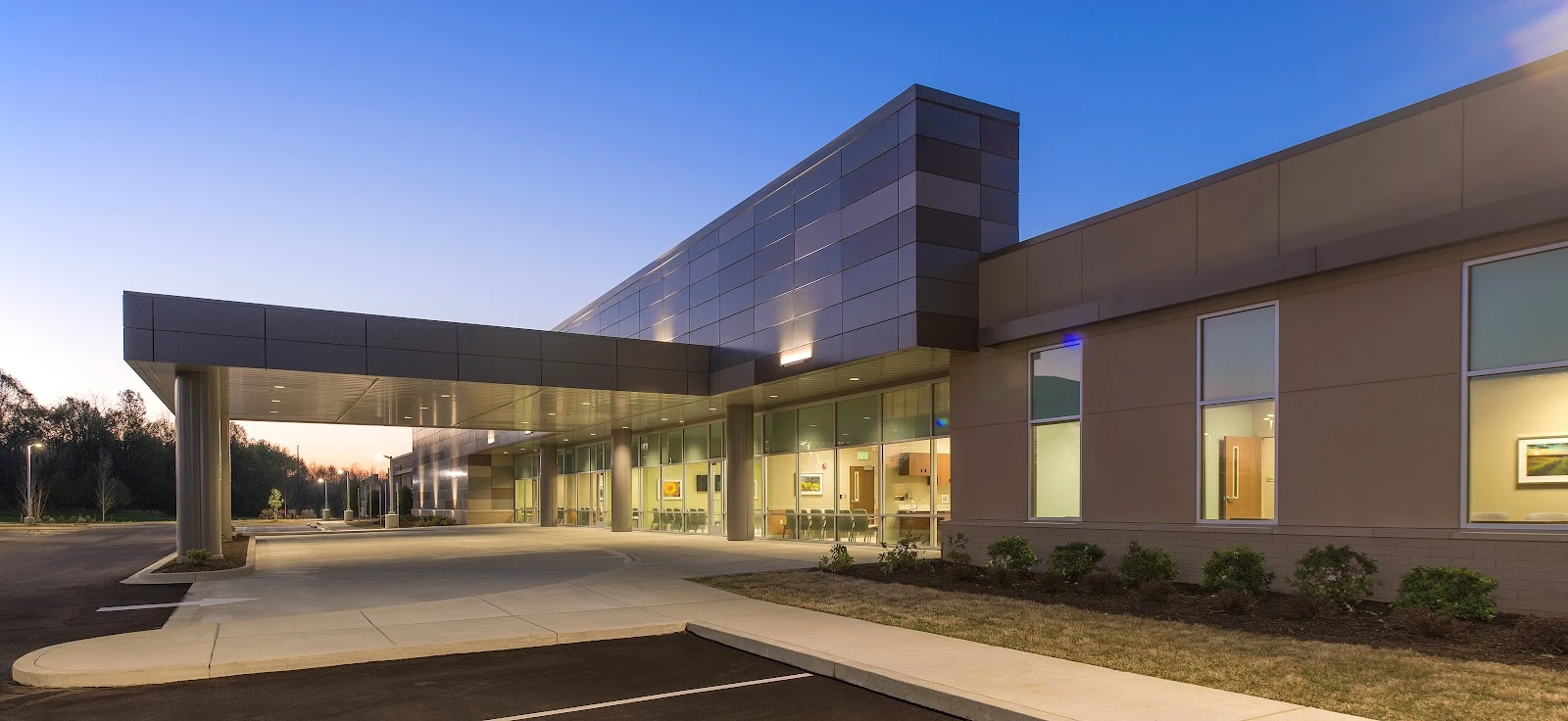Covington Behavioral Health Hospital Information
Treatment
Who We Treat
- Teens / Adolescents
- Adolescents
- Male and Female
- LGBTQ+
- Veterans
- First Responders
Treatment Focus
- Schizophrenia
- Personality Disorders
- ADHD
- ADD
- Anxiety
- Bipolar
- Depression
- Post Traumatic Stress Disorder
- Suicidality
Approaches
- 12-Step-Based
- Individual Treatment
- Evidence-Based
- Twelve Step
- Family Therapy
- Cognitive Behavioral Therapy (CBT)
- Motivational Interviewing
- 1-on-1 Counseling
- Art Therapy
- Music Therapy
- Nutrition Counseling
Conditions We Treat
- Depression
- Anxiety
- Bipolar Disorder
- Personality Disorder
- Obsessive Compulsive Disorder (OCD)
- Grief & Loss
- Psychosis/Schizophrenia
- ADHD/ADD
- Schizophrenia
- Personality Disorders
- Bipolar
- Post Traumatic Stress Disorder (PTSD)
- Suicidality
- Grief and Loss
- Anger
- Co-Occurring Disorders
Substances We Treat
- Alcohol
- Prescription Drugs
Languages
- English
Aftercare
- Intensive Outpatient Program
Level of Care
- Intensive Outpatient Program (IOP)
Experience
On-Site Amenities
- Basketball Court
- Outdoor Lounge
Personal Amenities
- Air-Conditioned Rooms
- Shared Bathroom
- Shared Rooms
On-Site Activities
- AA/NA Meetings
Special Considerations
- First Responders Program
Accreditations
-
The Joint Commission
The Joint Commission's addiction and behavioral health accreditation signifies a facility's commitment to high-quality care. It involves rigorous evaluations and assessments of clinical practices, ensuring effective, evidence-based treatment. Accreditation showcases a dedication to continuous improvement and patient safety, instilling trust among patients, families, and healthcare professionals. It's a mark of excellence in addiction and behavioral health care.

-
State department of health
Government agencies issue State Licenses, granting rehabilitation organizations permission to operate their businesses legally within specific geographic regions. The licenses needed for legal operation are typically determined by the type of rehabilitation program offered by a facility and its physical location.

Additional Locations
Find the best treatment options. Call our free and confidential helpline today!






















